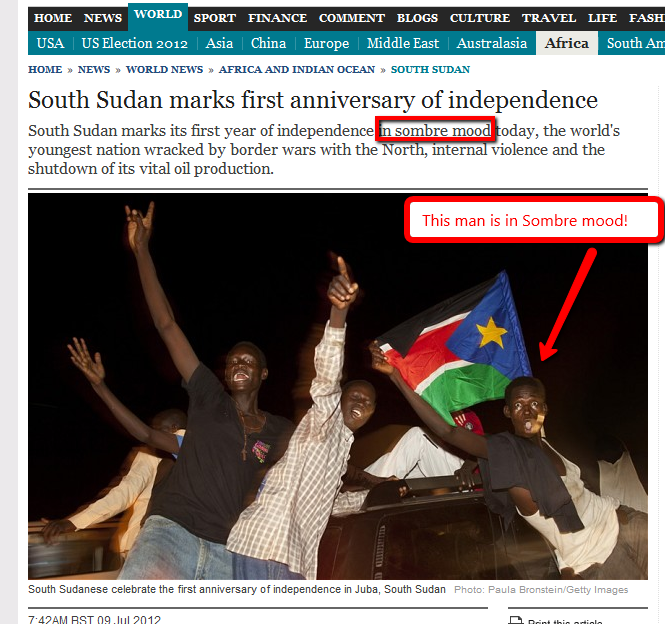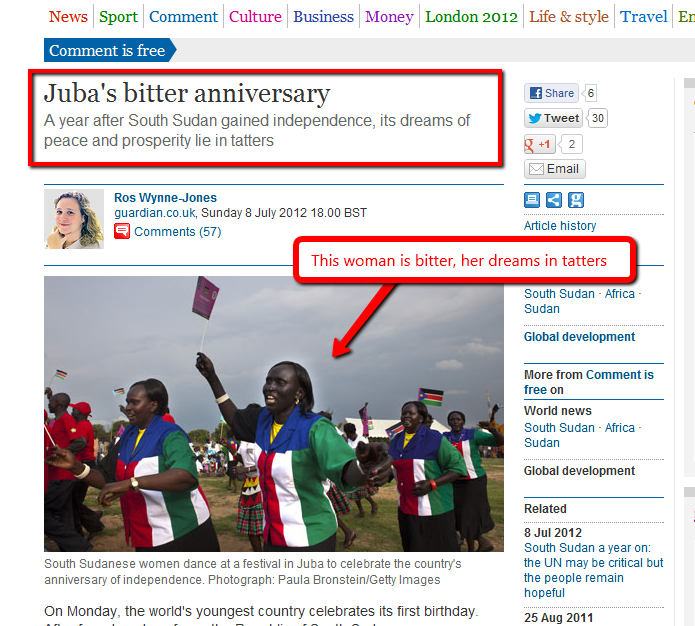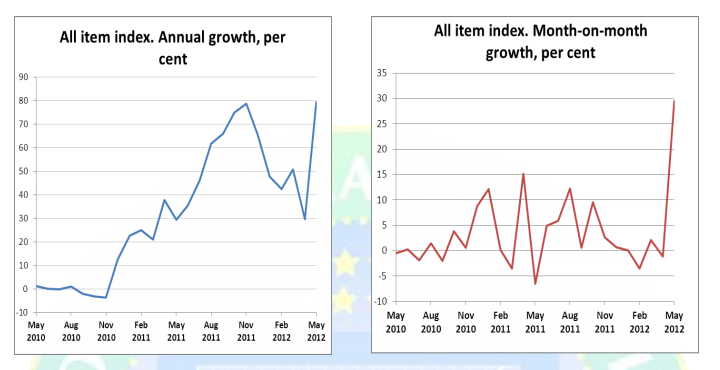Update on the Worst Aid Project in the World:
Yasir Arman, the main opposition leader in Sudan, alleges that EU money to support “migration management” in Sudan is actually being used to arm the Janjaweed Forces that carried out the genocide in Darfur.
"We received specific and detailed information about a plan drawn by Omar El Bashir and his security apparatus to finance the Janjaweed Forces, reconstituted as the Rapid Response Force, from funds provided to Sudan by the EU, especially funds from the German Government and technical support from the Italian Government.
This plan is under the direct supervision, control, and command of the Presidency of The Republic. It is executed by the National Intelligence and Security Service, of which the Rapid response force is part.
This devilish plan, which was hatched and implemented over the past three months, has put the Rapid Response Force in charge of guarding Sudan borders with the false intention of curbing immigration to Europe, stopping human trafficking, and fighting terrorism. The goal is to link these forces to European interests through what is called “The Khartoum Process” to stop human trafficking. The objective is to ultimately add international legitimacy to the Janjaweed Force and hide its crimes against humanity and the killings of Sudanese civilians, but under European Countries’ and the international community blessings.
So far this plan has already been put into action and was widely covered in the media. The Commander of the Rapid Response Force has held several press conferences and meetings where he claimed the loss of over one hundred and fifty (150) trucks while carrying out its border control duties at the Libyan and Egyptian borders. He did not give details of the forces he was fighting, the times and locations of these fights, or images to support his claim.
The timing of all of this is planned in such a way to receive more funds from Europe to buy more military equipment while it is still the rainy season to prepare for using them during the coming dry season in conflict zones. This means more killing of civilians, especially in the three conflict zones. It is clear that the Government of Sudan is aiming to fund its wars against its own people with European money and support from the international community.
These Janjaweed Forces have attacked and committed atrocities against civilians from Sudan and neighboring countries at the Sudanese Egyptian and Libyan borders. We therefore urge the EU to be aware of this plot and to stop funding these forces because that amounts to supporting genocide and prolonging the suffering of the people of Sudan.
We call upon our offices in Europe and in the United States to raise and highlight this issue in the European and the British Houses of Parliament and in the American Congress by officially writing to these bodies since this is a matter of great urgency. We also call upon all Sudanese people and Sudanese activists inside and outside of Sudan to give great importance to this matter, which supports the continuation of genocide in Sudan. We also draw the attention of the ICC that this issue relates to wars against humanity in Sudan.
It is strange that, lately, the Rapid Response Force (Janjaweed) started talking about fighting terrorism and it is expecting to receive American funding after it guaranteed the flow of European funds.
It is worth-mentioning that the Janjaweed force was the primary source of terrorism in Sudan. We must not forget that it was originally formed for the sole purpose of ethnic cleansing in Dar Fur, and over the years it has committed atrocities against Sudanese civilians all over the country, including many women rape cases in Dar Fur, which was well documented. The Janjaweed was recently reconstituted from Janjaweed to Rapid Response Force and got attached to the Sudan National Intelligence and Security Service to hide its past and give it legitimacy, hoping that we will forget its criminal past.
We are confident that the European and the world public opinion will not be caught off guard while General Bashir implements this criminal plot."
HT: John Ashworth



